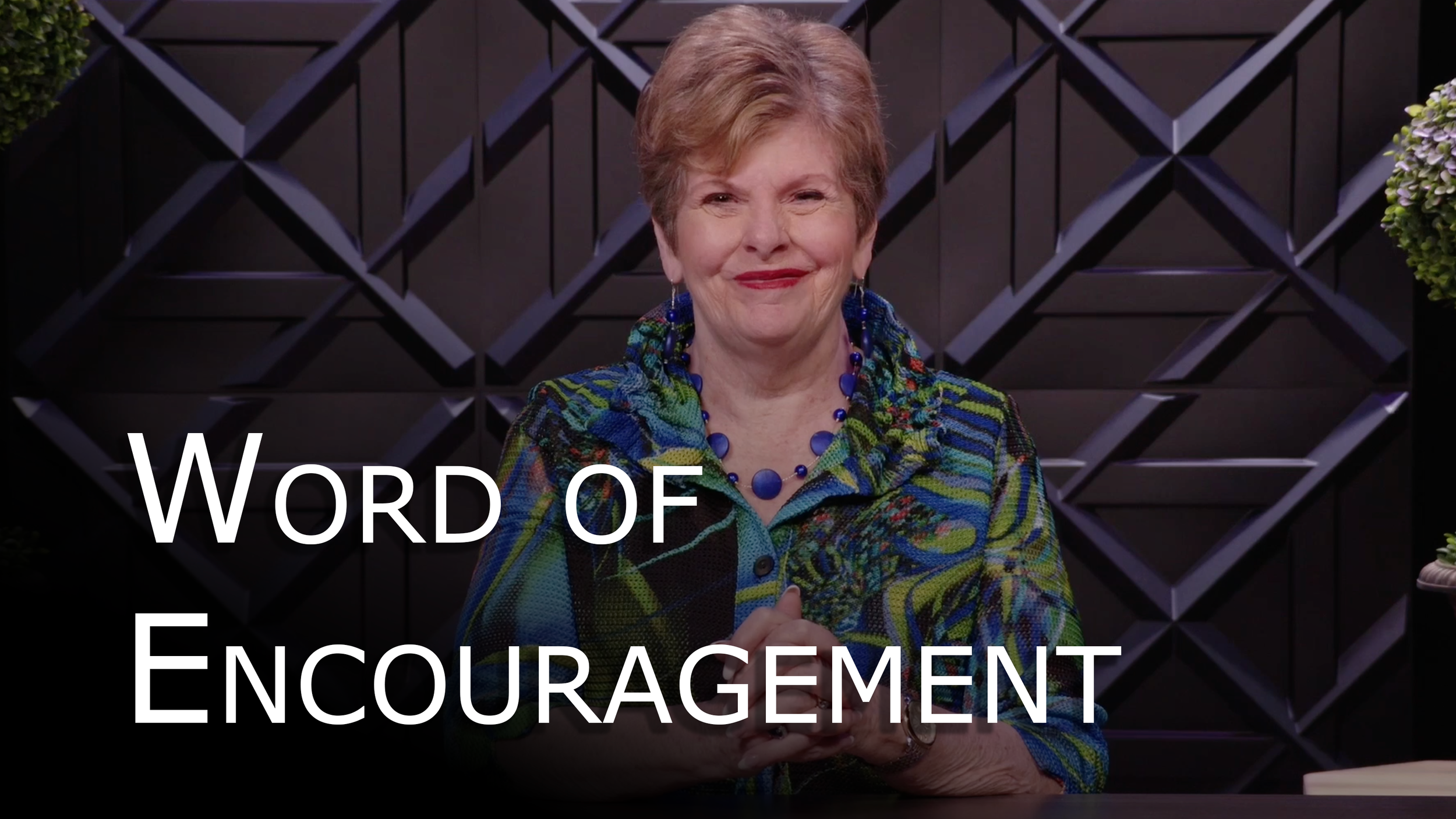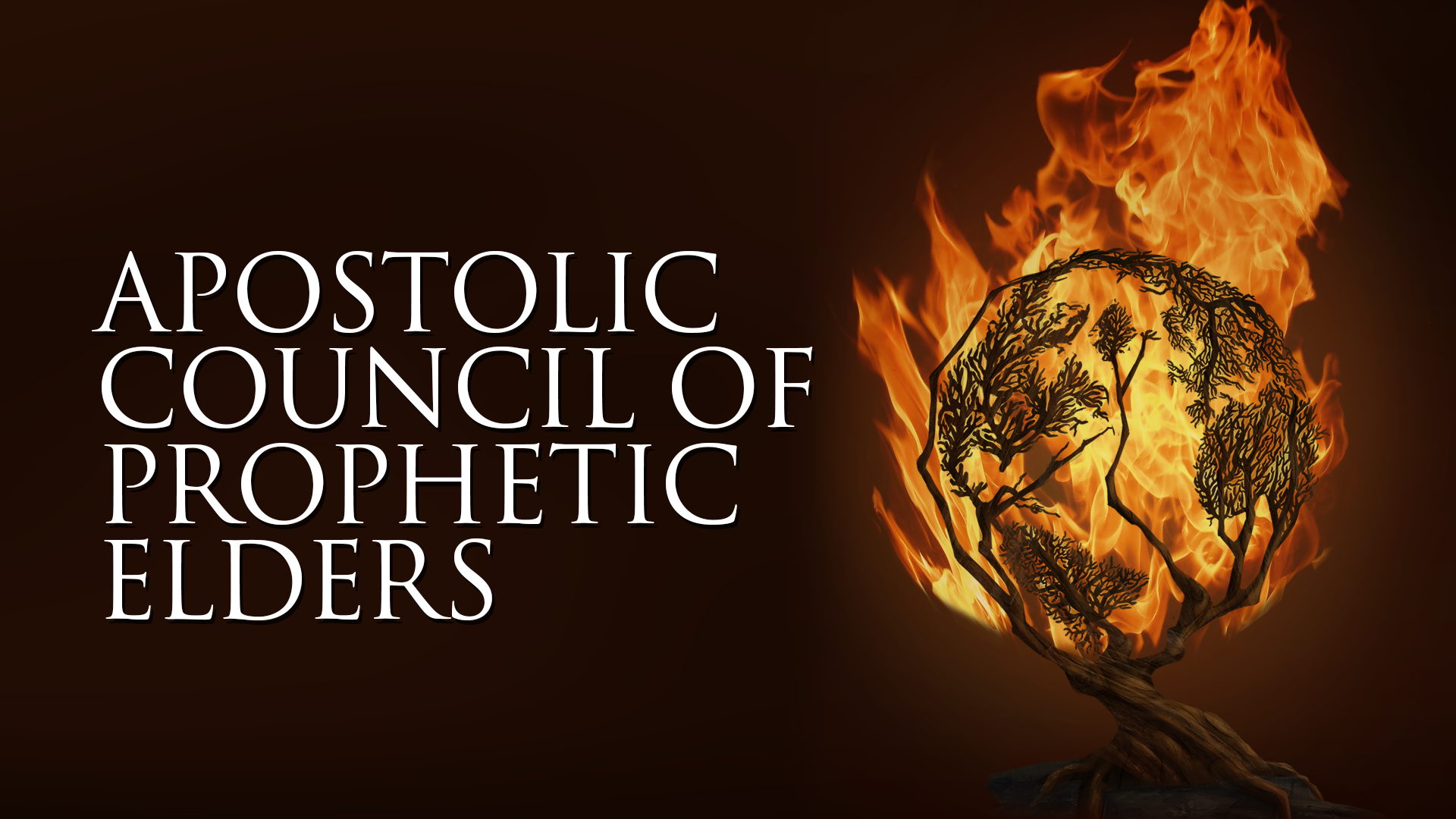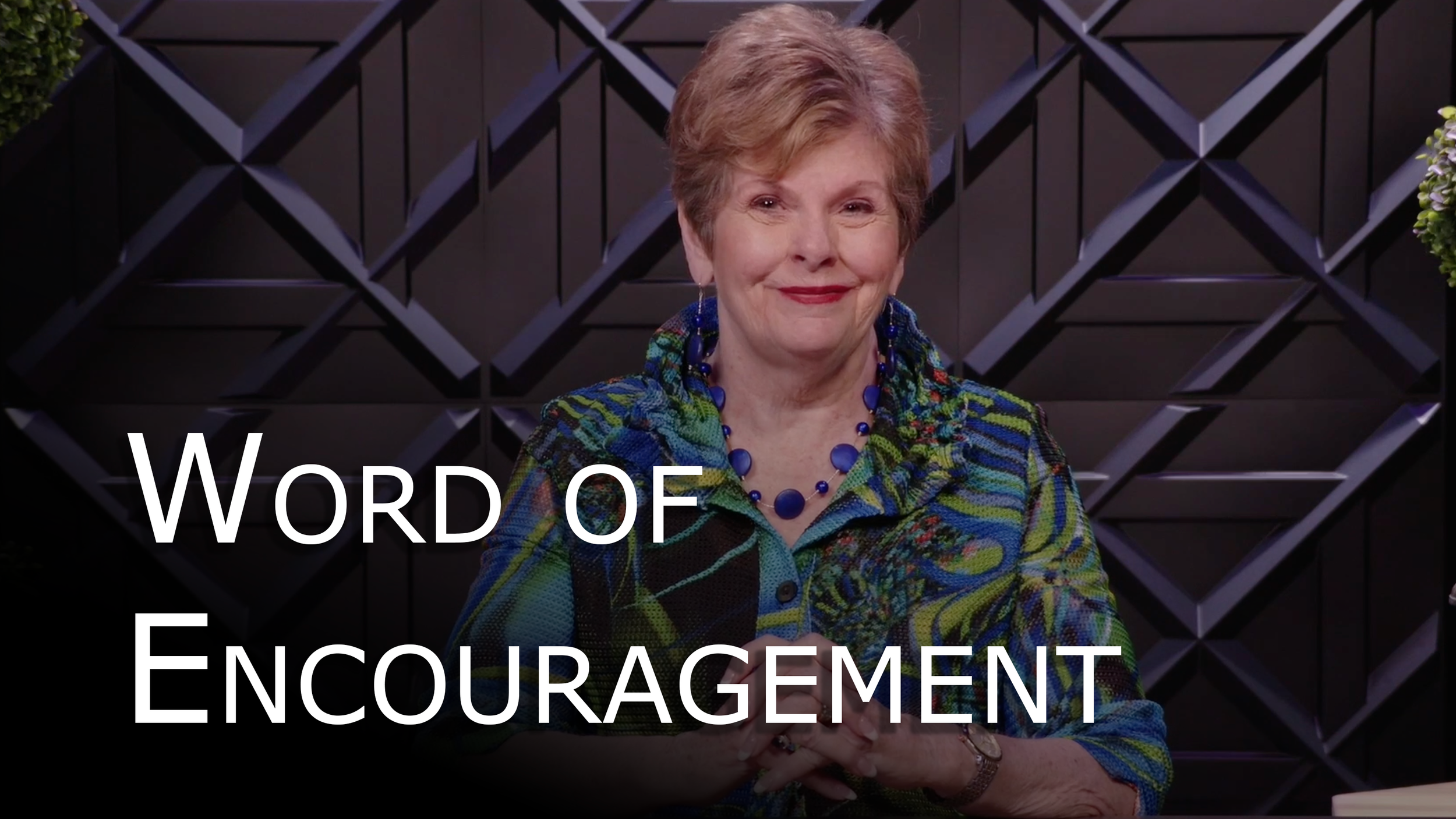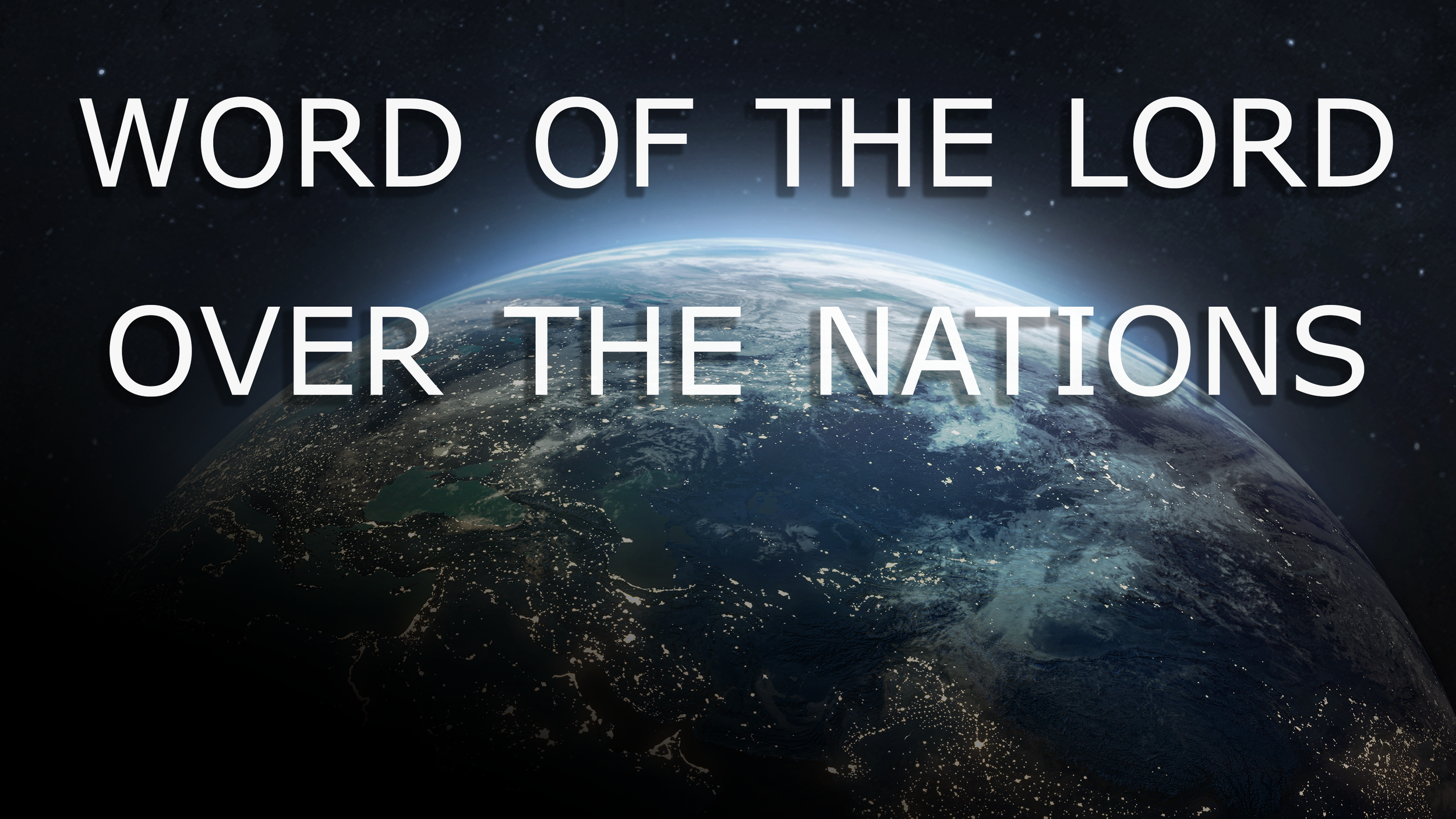Contrasting Justice & Vengeance
“But let justice run down like water, And righteousness like a mighty stream.” - Amos 5:24 (NKJV)
My small Wyoming community was recently shaken when a young mother was shot and killed by someone who should have loved and protected her.
Like that of Abel, the voice of her blood cries out from the ground. The community joins with that voice, crying out for justice, but also, regrettably, often for self-styled and ungodly vengeance.
Justice and self-styled vengeance do not go hand-in-hand. Our hearts are stirred to vengeance when even we, as citizens of the Kingdom of God, do not wholly understand either godly vengeance or godly justice.
“‘Vengeance is mine,’ says the Lord” appears twice in scripture—first in Deuteronomy 32:35 and again in Romans 12:19. But when we quote scripture partially or out of context, we miss the message. Note the complete verse:
Vengeance is Mine, and recompense, for the time when their foot shall slip; for the day of their calamity is at hand, and their doom comes swiftly. - Deut. 32:35 (ESV)
When God says that vengeance is His, He is not saying that He will always heap punishment, pain and shame upon those who have come against us. He is saying that, if people continue in their evil, the natural consequences of their actions will overtake them. Evil brings about its own downfall. Vengeance is often the natural consequence of evil. We must, in faith, leave vengeance and recompense in the hand of God.
It is by faith that we can forego vengeance and embrace justice as we find it in the nature of our God. Proverbs 28:5 reminds us that, “Evil men do not understand justice, but those who seek the LORD understand all.”
The fullness of justice is seen in Micah 6:8: “He has shown you, O man, what is good; And what does the LORD require of you, but to do justly, to love mercy, and to walk humbly with your God?” Justice flows in mercy and humility.
We must be fully cognizant that mercy does not enable the sinner to remain in sin. Mercy also does not deliver us from the consequences of our actions. God, in His mercy, has paid the wages of sin for us, but also, in His mercy, we must face the consequences of our decisions and of our behaviors. We grow when we accept the responsibility for what we have done.
Remembering that the mercy of God has redeemed us, we must pray for the salvation of those facing justice both in the worldly and heavenly courts. That is mercy. That is humility. It is not God’s desire that any should perish (2 Peter 3:9). It is also not our place to wish the tortures of hell upon anyone.
Justice, in itself, will not satisfy the anguish of our hearts while we walk in unforgiveness. It is an unforgiving spirit that cries out for self-styled vengeance.
As Christians, we often struggle with forgiving others and ourselves because we operate under a false perception of forgiveness. To forgive does not mean that we deny the hurt and anguish that other people or circumstances have brought into our lives. To forgive does not mean that we do not want others to face justice. To forgive does not necessarily mean that we put ourselves back into the line of fire.
According to Merriam-Webster Dictionary, to forgive is “to stop feeling anger toward someone who has done something wrong; to stop blaming someone; to stop feeling anger about something.” Forgiveness—especially for the deeply wounded—is a process, not a single event. When we are wounded, whether physically, emotionally or spiritually, we cannot heal without experiencing a grieving process. Progressive forgiveness, whether we are forgiving ourselves or others, will expedite that process.
An ever present prayer in my own life is, “I forgive. Father God, please help my unforgiveness.”
Many of us have recited the Lord’s Prayer so many times that we pay little attention to the words we are speaking. Whether we say, “forgive us our trespasses,” “forgive us our sins,” or “forgive us our debts,” we are asking to be forgiven to the extent we forgive others. I cannot receive forgiveness from my Heavenly Father if I do not extend it to others. This forgiveness is not the same as what Jesus accomplished on the cross, allowing me into eternal covenant with God, but it is the forgiveness necessary as we confront the difficulties, obstacles and angst of living in a fallen world.
If we do not forgive, the wounds put down deep roots and infect every area of our lives. Our desire for vengeance does not heal. Forgiveness does, enabling us to accept the justice of both the heavenly court and the worldly court.
In the spirit of justice—with mercy, humility and forgiveness—I cry out for my community, for all communities and all individuals, “Oh, God, please let justice run down like water, and righteousness like a mighty stream.”
And as we are reminded in the Psalms, “Blessed are those who keep justice, and he who does righteousness at all times” (Psalm 106:3). Let’s do the right thing.









